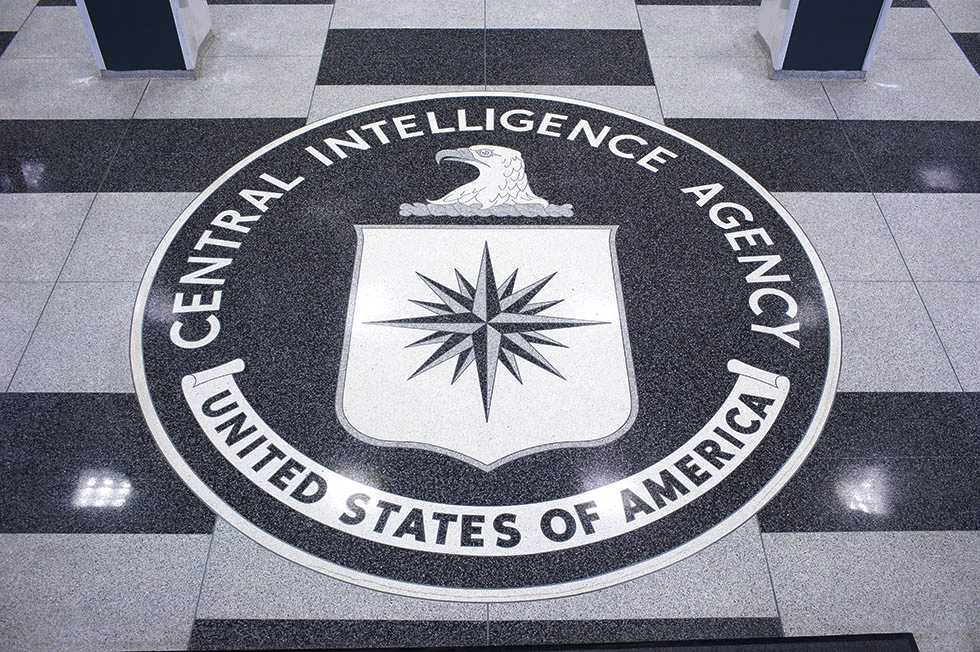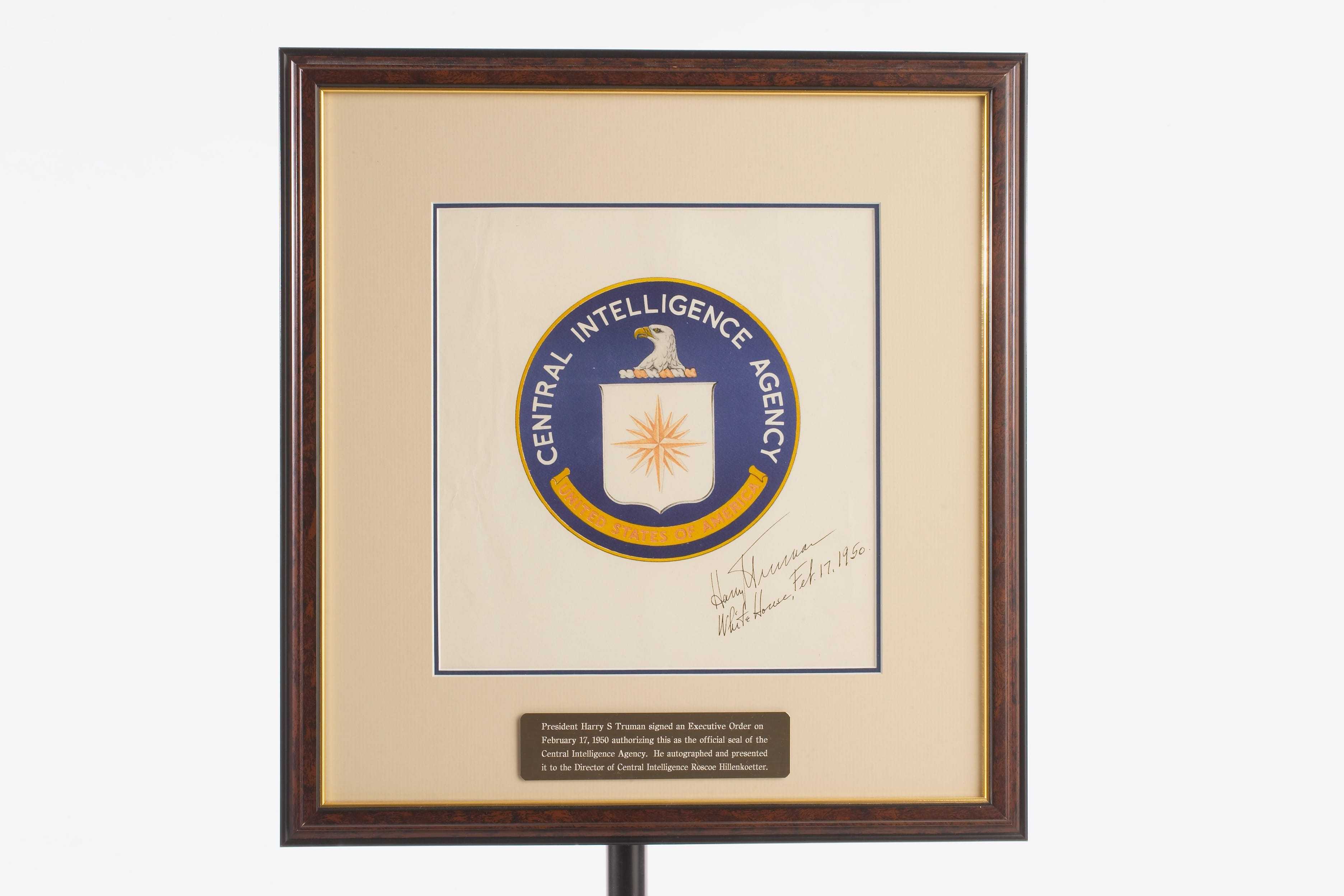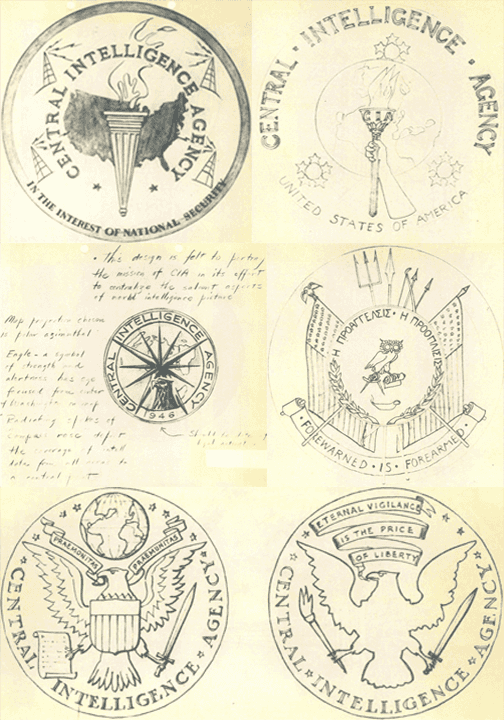If you’ve spent time on CIA’s website or browsed through our social media accounts, you’re no doubt familiar with our seal. Made famous by countless Hollywood films and TV shows, the CIA seal featured on the floor at our Headquarters in Langley, Virginia has become almost as famous as the Agency itself.

The seal features our nation’s bird—the eagle–symbolizing strength and alertness, a shield to represent defense and the role of intelligence in defending the nation, and a 16-point compass rose which symbolizes the collection of intelligence from across the globe to a central location (CIA). The seal is so identifiable with CIA that it’s hard to imagine anything else in its place. However, it might surprise you to know that the path to this seal, as we know it today, was far from certain.
It Started with a Contest
CIA was officially created with the signing of the National Security Act of 1947. While that Act green-lighted CIA to carry out its important mission, what it didn’t do was account for the creation of an official seal. This may seem an insignificant detail, but executives of the young CIA expressed concern that other US government organizations might question the legitimacy of documents missing an official seal. Hence, two years later the CIA Act of 1949 was signed, which – among other things – provided for the creation of an official seal.
On 1 July, 1949, CIA issued a notice to all employees inviting submissions of a “suitable design” for what would become our official seal. Originality and appropriateness, rather than artistic talent, were the criteria for judging. Employees would have just two weeks to submit their designs.
Call in the Pros
After reviewing around a dozen submissions from Agency employees, it was determined that none were what the leaders were looking for to represent CIA. So they decided to turn to professionals. Meetings to discuss the seal design with the US Army Heraldic Branch (today’s US Army Institute of Heraldry) began in late July 1949.
By December 1949 the Heraldic Branch completed the design process and presented CIA with the design and several color palette options from which to choose.

Then Director of Central Intelligence Roscoe Hillenkoetter made the call to select the seal we know today and on 17 February 1950, President Truman gave the final approval. He signed several copies, including the one pictured below which is displayed at CIA Headquarters.

The Seal that Never Was
We all love the seal in its current form, but isn’t it always fun to consider what might have been? Should CIA’s design history have chartered a different course, what seal might we be talking about today? What seal could have been forever enshrined on the lobby of CIA’s headquarters, in place of the infamous eagle’s bust, shield, and compass rose?
Well, the employee contest yielded some interesting submissions. Here are a few of our favorites.

Some elements may seem familiar, and that is not by accident. Records show us that the Heraldic Branch reviewed employee-designs and incorporated some of the more appropriate pieces into CIA’s final seal. The compass rose, eagle, shield, and some of the font-styling stand out in particular. And while we’re not sure there was any real ‘winner’ of the employee design contest, our votes most certainly would have gone to the owl-and-lantern design. Why? Because it’s a hoot, that’s why.
